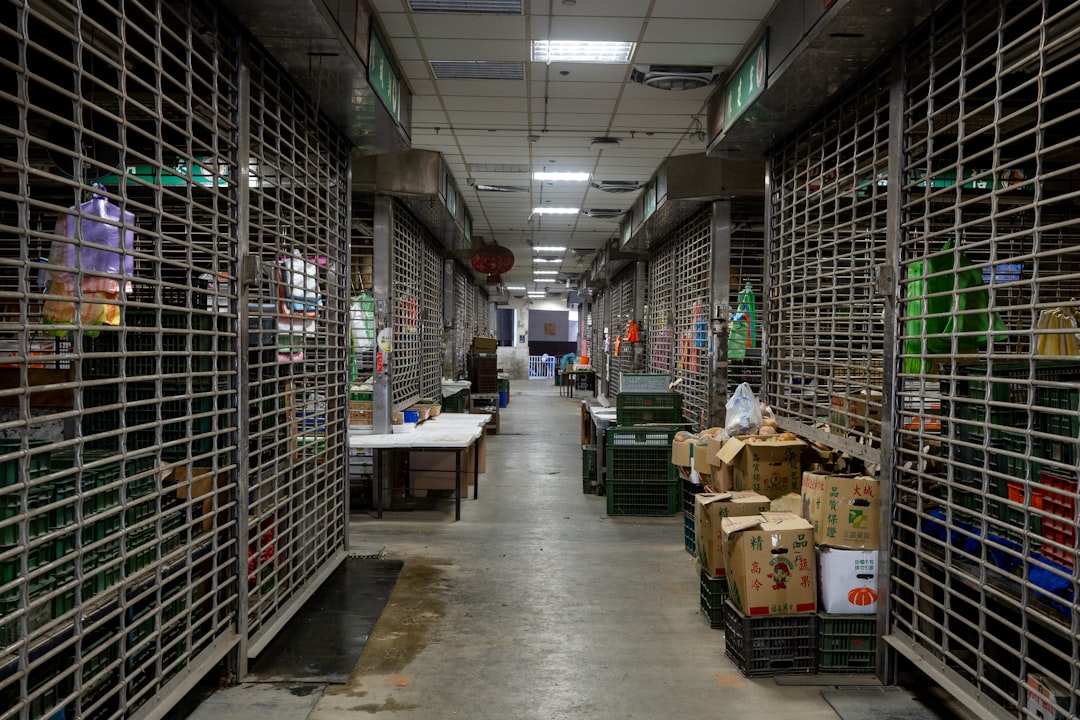For ecommerce businesses facing high order volumes, multiple sales channels, and growing customer expectations, choosing the right Warehouse Management System (WMS) can be a game-changer. In 2025, the best WMS solutions go far beyond basic inventory control. They’re cloud-based powerhouses that synchronize fulfillment operations, automate workflows, and provide deep visibility into your supply chain.
Whether you run a startup growing through online marketplaces or a mid-size retailer with multi-warehouse operations, there’s a WMS solution tailored to your scaling needs. In this guide, we explore the top 7 ecommerce WMS solutions of 2025 that are making inventory and fulfillment smarter, faster, and more accurate.
1. ShipBob WMS
Best for: DTC and small-to-mid-sized ecommerce brands looking for fulfillment network support.
ShipBob has transformed from a fulfillment service provider to a tech-forward WMS solution. With its proprietary software, businesses can manage inventory across multiple warehouses while accessing ShipBob’s global fulfillment network.
- Cloud-based inventory tracking with real-time stock levels per location
- 2-day and next-day shipping capabilities through distributed warehouses
- Rich analytics dashboard to view order trends, SKU movement, and shipping SLAs
Its user-friendly interface and ecommerce-first features make it a perfect WMS for direct-to-consumer brands aiming to boost delivery speed without building infrastructure.

2. NetSuite WMS by Oracle
Best for: Mid-to-enterprise scale ecommerce businesses requiring deep ERP integration.
NetSuite WMS is a powerful module within Oracle NetSuite’s ERP platform, offering tight integration between inventory, accounting, and customer data. This is ideal for scaling ecommerce players who need end-to-end visibility and advanced automation.
- Pick, pack, and ship automation using barcode scanning and mobile apps
- Intelligent putaway and bin management to optimize storage space
- Native ERP integrations to manage workflows from procurement to cash
While the implementation may be complex, its robust capabilities make NetSuite WMS essential for ecommerce companies scaling globally with complex fulfillment needs.
3. Zoho Inventory
Best for: Startups and small ecommerce businesses needing a low-cost yet effective solution.
Zoho Inventory offers comprehensive inventory and order management at a fraction of the cost of larger systems. With multi-channel selling across platforms like Amazon, eBay, Shopify, and Etsy, Zoho makes it easy for ecommerce startups to maintain accurate stock levels.
- Barcode scanning features on mobile devices for easy stock intake
- Real-time inventory sync across online channels
- Carrier integrations for shipping label creation and tracking
Its affordable pricing model and intuitive interface help smaller sellers transition smoothly into professional-level fulfillment workflows without breaking the bank.
4. Fishbowl Warehouse
Best for: Ecommerce companies using QuickBooks as their accounting backbone.
Fishbowl Warehouse is a feature-rich warehouse and manufacturing management solution that integrates seamlessly with QuickBooks. This makes it the go-to WMS for ecommerce companies that are already financially anchored in QuickBooks.
Key functions include:
- Advanced inventory forecasting and automatic reordering
- Multi-location warehouse management with real-time visibility
- Work order and shipping automation to reduce labor hours
Fishbowl’s platform also supports ecommerce integrations through connectors, making it easier to keep your accounting and inventory aligned while growing sales.

5. Logiwa WMS
Best for: High-volume B2C ecommerce and 3PL operations.
Designed for scalability and high-order throughput, Logiwa WMS is a cloud-native solution tailored for direct-to-consumer and warehouse fulfillment power users. Its AI-based optimization tools help ecommerce brands and 3PLs manage complex fulfillment operations with ease.
- AI-driven order batching and picking route suggestions
- Supports returns and reverse logistics workflows
- Pre-built connectors for major ecommerce and carrier platforms
Logiwa stands out in 2025 for its user-centric onboarding, high configurability, and enterprise-grade performance, making it a strong pick for businesses with aggressive automation goals.
6. Brightpearl by Sage
Best for: Omni-channel retail and ecommerce operators looking for comprehensive back-office control.
Brightpearl is not just a WMS—it’s a Retail Operating System that combines inventory, orders, financials, POS, and CRM into a single platform. It’s designed specifically for modern merchants handling both online and offline sales.
- Real-time stock synchronization across Shopify, Amazon, eBay, and physical outlets
- Automation rules engine to eliminate manual processes in order routing and inventory updates
- Integrated reporting tools for sales, forecasting, and supplier performance
Although it comes with a steeper price tag, for omnichannel brands looking for streamlined operations, Brightpearl offers unparalleled cohesion and control.
7. 3PL Central (Extensiv)
Best for: Third-party logistics providers and ecommerce companies outsourcing fulfillment.
Known now under the name Extensiv, 3PL Central continues to be one of the preferred warehouse management systems for third-party logistics (3PL) providers and brands with hybrid fulfillment models.
- Highly customizable workflows for multi-client environments
- In-depth billing module for tracking storage, labor, and shipping activity
- End-client portals that offer branded real-time visibility
With support for multiple warehouse locations, integrations for automated shipping platforms, and robust analytics, Extensiv enables 3PLs and ecommerce clients to maintain full control while expanding fulfillment options.

Choosing the Right WMS in 2025
Selecting a WMS isn’t just a matter of features—it’s about solving the challenges unique to your ecommerce business model. Here are some quick tips to help you decide:
- Startups and small ecommerce brands might find Zoho Inventory or ShipBob ideal due to low complexity and affordability.
- Scaling ecommerce stores with multiple warehouses or sales channels should consider Logiwa or Brightpearl for functionality and automation.
- B2B hybrid and 3PL models will benefit greatly from Fishbowl, NetSuite WMS, or 3PL Central.
Whatever system you choose, ensure it integrates well with your ecommerce platforms, shipping carriers, and existing technology stack. With the right WMS, businesses in 2025 are not just managing warehouses—they’re turning logistics into a competitive advantage.
Final Thoughts
Modern ecommerce demands more than just efficiency—it demands agility, integration, and real-time responsiveness. The WMS landscape of 2025 reflects this, offering flexible, scalable solutions that think beyond storage and shipping.
Whether you’re shipping 100 or 100,000 orders per month, a well-chosen WMS can dramatically simplify your operations, reduce errors, and enhance customer satisfaction. Now is the time to invest in fulfillment tech that powers the next level of ecommerce success.
I’m Sophia, a front-end developer with a passion for JavaScript frameworks. I enjoy sharing tips and tricks for modern web development.
